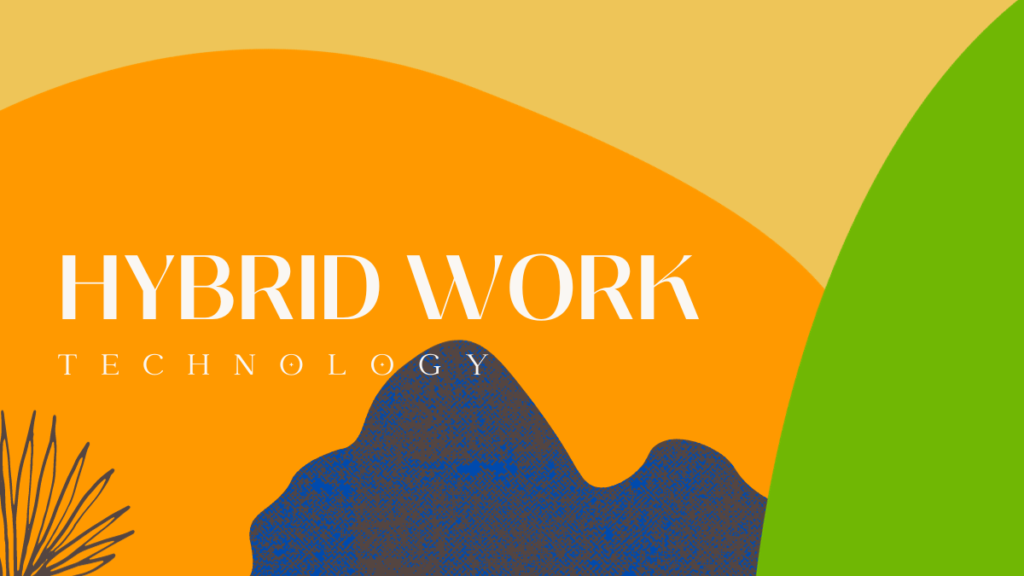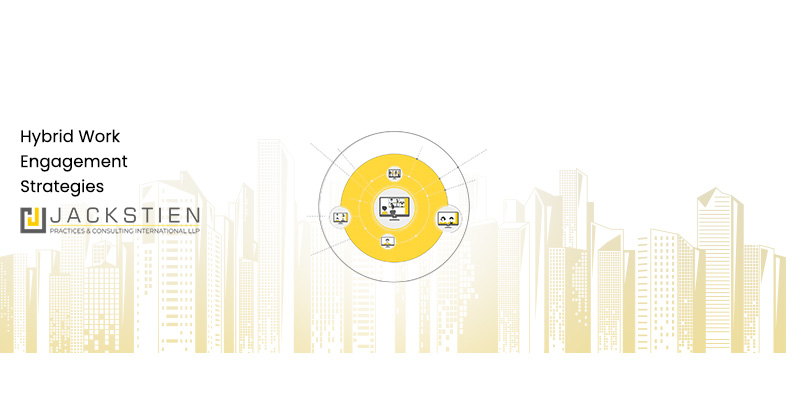Transformations to the way organizations operate have been nothing short of radical over the last few years, with hybrid work becoming the new norm. With any new changes, new risks arise. With new risks, new risk management techniques are needed. So as we transition into this new era, hybrid work risk management has become crucial for businesses to ensure productivity, employee satisfaction, and overall success. In this article, we will discuss the challenges that hybrid work poses, why hiring a consultant to manage these risks helps and the need for a comprehensive software application to put it all together.
The Hybrid Work Conundrum

As organizations navigate the hybrid work landscape, they face a unique set of challenges. These challenges can be categorized into different sections.
Balancing Employee Preferences.
Employees have diverse preferences when it comes to working remotely or at the office. Some prefer to work from home, while others thrive in an office environment. Some departments can work better collaboratively on certain tasks. These tasks occur on certain days of the week or the month or the quarter or the year. Striking a balance between the preferences of the various teams, supervisors and the organizational risks can be difficult. Implementing a one-size-fits-all approach typically lead to general dissatisfaction among employees, ultimately affecting productivity and employee retention.
Impact on Company Culture.
What is culture? Whatever version of the word you understand and agree on, the shift to hybrid work poses a risk to company culture, as it can lead to a disconnect between employees and teams and departments working from different locations. Defining, building and maintaining a strong company culture is essential for fostering collaboration, innovation, and a sense of belonging among employees.
The Role of a Consultant in Hybrid Work Risk Management

Hiring a consultant to manage the risks associated with hybrid work is essential for several reasons:
Expertise and Experience.
A consultant with expertise in hybrid work risk management can help organizations navigate the complex landscape of hybrid work, providing valuable insights and strategies to address the various challenges.
Objective Viewpoint.
An external consultant can provide an objective viewpoint, identifying potential risks and areas of improvement that may be overlooked by internal teams. This objectivity can help organizations make informed decisions and implement effective risk management strategies.
Tailored Solutions.
A consultant can work with organizations to develop tailored solutions that address their specific needs and concerns based on a multiplicity of risks and factors across stakeholders, ensuring that their hybrid work model is both efficient and effective.
Ongoing Support.
As hybrid work continues to evolve, organizations may require ongoing support and guidance to manage risks effectively. A consultant can provide this ongoing support, helping organizations adapt to changing circumstances and ensuring long-term success.
Compliance and Security.
With employees working from different locations, organizations need to ensure that they comply with various regulations and maintain the security of their data and systems. At the same time, policies need to be rejigged to update these policies. More importantly, the policies need to be restructured to avoid gaps and holes This can be challenging, as remote and hybrid work can lead to an increased risk of data or policy breaches and other threats.
Hybrid Work – Supporting Technology

Hybrid work requires organizations to invest in the necessary infrastructure and technology to support both remote and in-office employees. This includes setting up a robust IT infrastructure, providing employees with the necessary tools and equipment, and ensuring seamless communication and collaboration between teams.
MOST IMPORTANTLY, there is a need to balance the risks of the Hybrid Work structure itself amongst employees and teams. Like https://workis.io/.
The Need for a Software Application
In addition to hiring a consultant, organizations need a comprehensive software application to manage hybrid work risks effectively. A software application can help organizations.
Optimize Seat Booking and Allocations.
Effective communication and collaboration are essential for hybrid work success. A software application can help streamline these processes, ensuring that employees can easily share information, collaborate on projects, and stay connected, regardless of their location.
Integrate Operational Policies, Laws, Regulations, Compliances.
A software application can help organizations monitor and manage compliance with various regulations, ensuring that they stay up to date with the latest requirements and maintain the necessary documentation.
Track and Manage Usage and Discipline.
A software application can help organizations monitor and manage compliance with various regulations, ensuring that they stay up to date with the latest requirements and maintain the necessary documentation.
Manage Team Preferences and Reservations
A software application can help organizations monitor and manage compliance with various regulations, ensuring that they stay up to date with the latest requirements and maintain the necessary documentation.
Consider Employee Preferences and Commutes
A software application can help organizations monitor and manage compliance with various regulations, ensuring that they stay up to date with the latest requirements and maintain the necessary documentation.
Enhance and Ease Supervision
A software application can help organizations enhance their security measures, providing tools and features that can help detect and prevent potential threats, such as data breaches and cyberattacks.
Remind, Manage & Co-ordinate
A software application can help organizations enhance their security measures, providing tools and features that can help detect and prevent potential threats, such as data breaches and cyberattacks.
Integrate and Manage Off-Premise Work and Leaves
To ensure the success of a hybrid work model, organizations need to track and measure employee performance. A software application can help organizations collect and analyze data on employee productivity, engagement, and satisfaction, allowing them to make informed decisions and implement improvements.
Provide Flexibility and Scalability
A software application can provide organizations with the flexibility and scalability they need to adapt to changing circumstances and accommodate the evolving needs of their workforce.
Conclusion
As hybrid work becomes increasingly prevalent, organizations must prioritize hybrid work risk management as a one-time exercise supported by a software application for the long term to ensure the success of their workforce and business operations. Hiring a consultant with expertise in this area is essential for navigating the complex landscape of hybrid work, while a comprehensive software application can help organizations manage and mitigate risks effectively. By implementing these strategies, organizations can successfully manage the hybrid work conundrum and create a flexible, productive, and satisfied workforce.


